6 Squarespace Alternatives in 2025 for Building Beautiful Sites With More Freedom
Squarespace has long been a popular choice for creatives, bloggers, and small business owners seeking a sleek website without delving into complex coding. However, just because it’s popular doesn’t mean it’s the perfect fit for everyone. Whether the pricing feels a bit steep, you desire more flexibility, or you’re simply ready for a change, there are excellent alternatives available. Here are six standout options that are making waves in 2025.
The 6 Best Squarespace Alternatives in 2025
Wix – For Those Who Want More Wiggle Room

Wix offers more layout freedom compared to Squarespace. While Squarespace leans into fixed structures, Wix provides a drag-and-drop editor that allows you to move elements around as you please. This is ideal for those who enjoy a hands-on approach and dislike feeling constrained.
Wix also comes equipped with built-in tools for SEO, blogging, and e-commerce. Although the learning curve is slightly steeper, once you get accustomed to it, the process flows smoothly. Plus, pricing starts a bit lower than Squarespace, which is always a bonus.
Webflow – When You Want Precision Without Writing Code
If design control is essential to you but you’re not a developer, Webflow hits the sweet spot. While not as beginner-friendly as Squarespace or Wix, it offers significantly more control over the appearance and behavior of your site. You’re not just selecting a template — you’re creating it your way.
Webflow provides built-in hosting, a CMS for blog posts or product pages, and a visual editor that doesn’t oversimplify. It’s favored by designers who know what they want and don’t mind spending extra time perfecting their site. The starter plan is free, but advanced features require paid tiers.
WordPress.com – For Content-Heavy Sites
If your site prioritizes content over visuals, WordPress.com remains a strong contender. It’s structured around blogging and articles, which is why many media companies continue to use it.
Unlike self-hosted WordPress.org, WordPress.com handles the technical aspects for you, so you don’t need to worry about hosting or security. Over the years, its design options have improved, offering blocks and full-site editing to simplify tasks for non-tech users.
The free version is available, but serious users typically opt for paid plans to unlock custom domains, enhanced themes, and additional storage.
Shopify – If Selling Is Your Main Focus
While Squarespace has e-commerce tools, they might not be comprehensive enough for those running fully-fledged stores. That’s where Shopify excels, as it is designed specifically for online selling.
From inventory tracking to shipping calculators, Shopify has it all. Additionally, you gain access to numerous third-party apps to assist with marketing, customer service, or analytics. The dashboard is user-friendly, and the platform scales well, ensuring you won’t outgrow it too quickly.
In terms of design, you might not find as many artistic templates as Squarespace, but the available options are practical and clean. Although pricing is higher, it generally pays off for serious e-commerce ventures.
Carrd – For Simple One-Page Sites
Not every site requires numerous pages and menus. If you’re aiming for something minimalistic — like a portfolio, landing page, or personal intro — Carrd is worth exploring. It’s quick to build, loads swiftly, and is incredibly affordable.
Carrd’s strength lies in its simplicity. Choose a theme, plug in your content, and publish. Even the paid version costs under $20 a year, making it ideal for side projects or quick launches.
While it lacks extensive blogging or e-commerce tools, that’s not its purpose. It prioritizes simplicity and efficiency.
Zyro – When You Want Something Basic That Just Works
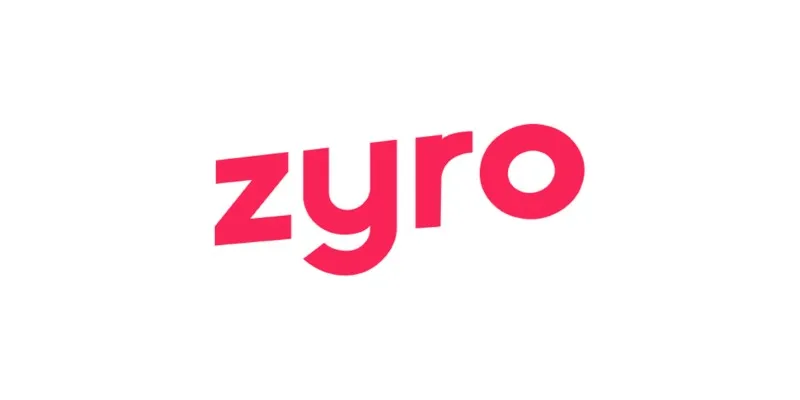
Zyro might not garner much attention, but it’s a solid option for beginners or those who want to build a site and move on. Owned by Hostinger, hosting is included, allowing you to get a site up in under an hour.
The templates are modern, the editor is user-friendly, and there’s a basic AI content tool for those unsure of what to write. While not flashy, it serves its purpose. For someone who doesn’t require all the bells and whistles, it’s more than adequate.
Pricing is lower than Squarespace, especially if bundled with a Hostinger hosting deal. It’s best suited for small business owners or freelancers who don’t need constant custom tweaks.
So, Which One Should You Pick?
Your choice depends on what you’re trying to build. If you desire design freedom, Wix and Webflow are excellent choices. If content is your focus, WordPress.com remains a strong option. For running a shop, Shopify is the way to go. If simplicity is your goal, Carrd or Zyro will suffice.
Squarespace has its loyal fans, and for good reason. However, if you’ve felt constrained or want to try something different, the tools mentioned above offer plenty of opportunities for exploration. Each brings something unique to the table without trying to be everything at once. Sometimes, that’s exactly what you need.
Who Should Still Stick With Squarespace?
While exploring options is beneficial, some users may still find Squarespace to be the best fit. If it currently meets all your needs without issues, switching just for change’s sake might not be necessary. It’s still one of the most reliable platforms for portfolios, service-based websites, and small online stores that don’t need extensive advanced tools.
Squarespace offers polished templates, seamless updates in the background, and minimal maintenance. For those who prefer not to tinker or troubleshoot, this is a significant advantage. If you value ease over customization, staying might save you time and stress.
Related Articles
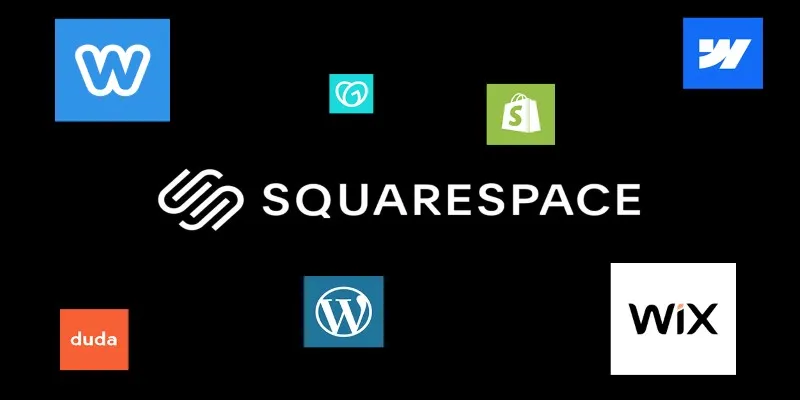
The 6 Best Squarespace Alternatives in 2025 for Custom, Creative Web Design

Discover the 10 Most Effective Userback Alternatives
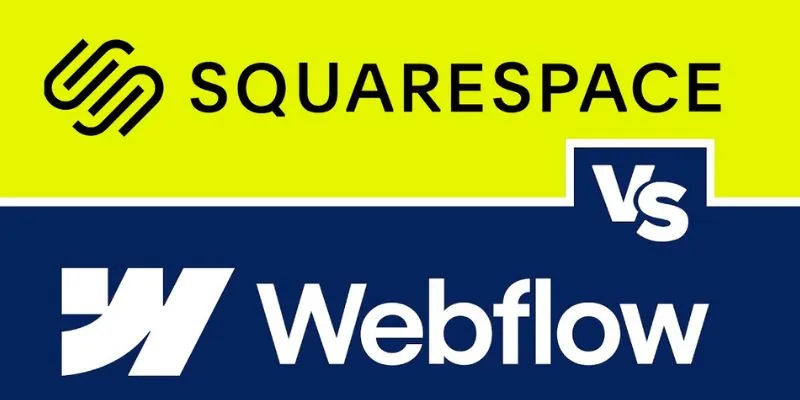
Webflow vs. Squarespace: Which Website Builder is Best for Your Business

The 8 Best HubSpot Alternatives in 2025 for Smarter Growth and Less Hassle

Top Trello Alternatives to Try in 2025 for Better Project Management
Popular Articles

Best PCB Design Software to Streamline Your Workflow

What Is Video Bitrate? A Beginner’s Guide to Understanding It
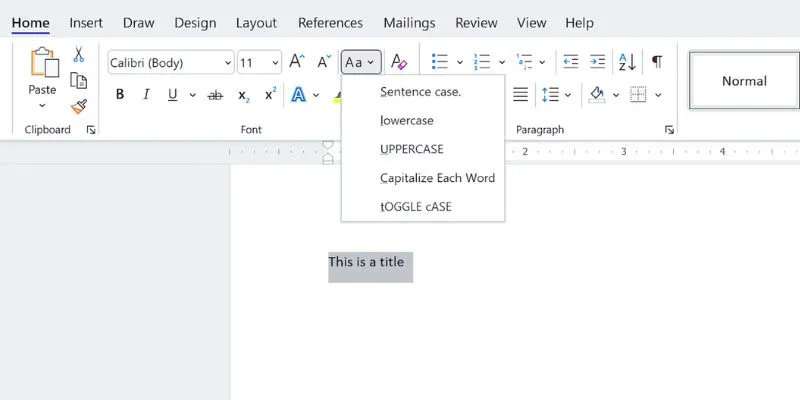
How to Capitalize All Letters in Word, Excel, and Other Apps: A Complete Guide

Top AI Background Removal Tools You Can Use Without Photoshop

Best ERP Software for the Automotive Industry: A Complete Guide
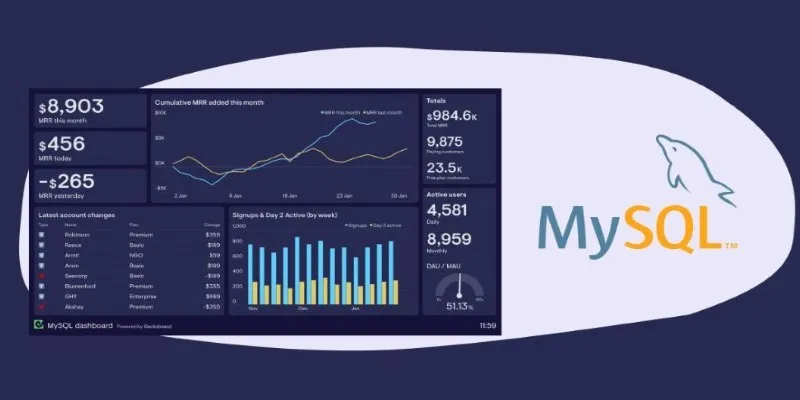
Free MySQL Visualization Tools: 5 Options to Simplify Your Data Management

Best Video Flip Apps to Rotate and Flip Videos Effortlessly

The 9 Best Gantt Chart Software Tools to Streamline Your Projects

Top Client Onboarding Tools for Online Businesses in 2025

File Compression Software Guide for Windows & Mac You Can Rely On

Top 5 4K Recorders You Should Try for Stunning Videos

 mww2
mww2